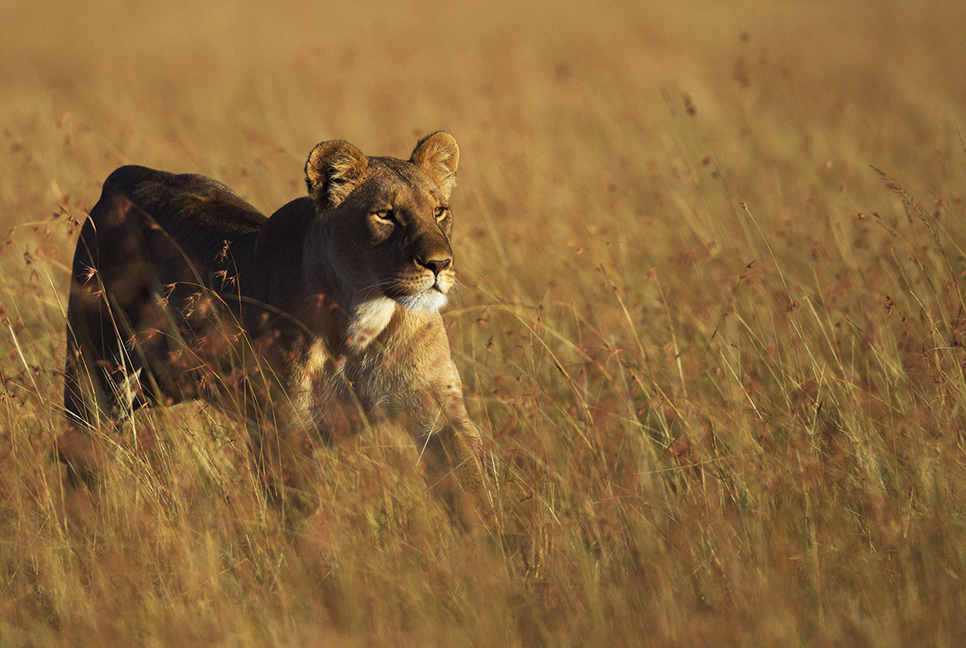Fear of small ants changed the way of hunting lion!
Many things happen in the wonderful living world. The king of the forest trembles at the sound of the ants. A recently published study has revealed sensational information. The results of that study revealed that a type of small invasive ant has caused such havoc in the Kenyan savannah. It is because of them that the king of the forest is forced to change his hunting method.

Researchers have claimed that humans or insects are forced to change habitats or adapt to changing environments over time. In the same way, these tiny invasive ants have forced lions to change their traditional hunting habits in the savannah. University of Florida ecologist Todd Palmer was among the research team that identified the impact of large-headed ants on lion hunting habits in Kenya. "These tiny invasive ants were spotted maybe 15 years ago and none of us noticed because they are not aggressive towards larger animals, including humans," he said. We now see that they are destructively altering the landscape in very subtle ways. The ant invasion began in the whistle-thorn acacia trees in the Laikipia plains of Kenya. These thorny plants developed a mutually beneficial relationship with native acacia ants. The trees provided shelter and food for the ants, and in return the ants kept hungry elephants away from the trees by digging their tusks. But the big-headed ants changed all that. Native to an island in the Indian Ocean, the ant is believed to have arrived in the region through the movement of people and goods. These invasive ants arrived about two decades ago and started killing the acacia ants. As a result, the thorn trees became vulnerable to herbivores. Thus, the number of trees decreases and it creates problems for lions as lions hide behind trees to ambush prey, especially zebras. The study, published in the journal Science, showed that zebra kills were reduced by three times thanks to the large-headed ants. The researchers say the study is a beautiful illustration of how complex ecosystems can be. This gives the impression that the entire system reacts to a slight pull on the string.
The study's lead author, Douglas Kamaru of the University of Wyoming, said the attack by the ants changed big cats' hunting and prey strategies. The lions now hunt the big buffalo in groups. Studies have shown that climate change has exacerbated this situation. One study found that at least a third of all such invasions or habitat shifts by invasive species over the past 200 years have occurred since the 1970s.
Source: The Daily Bangladesh Protidin/Nazmul